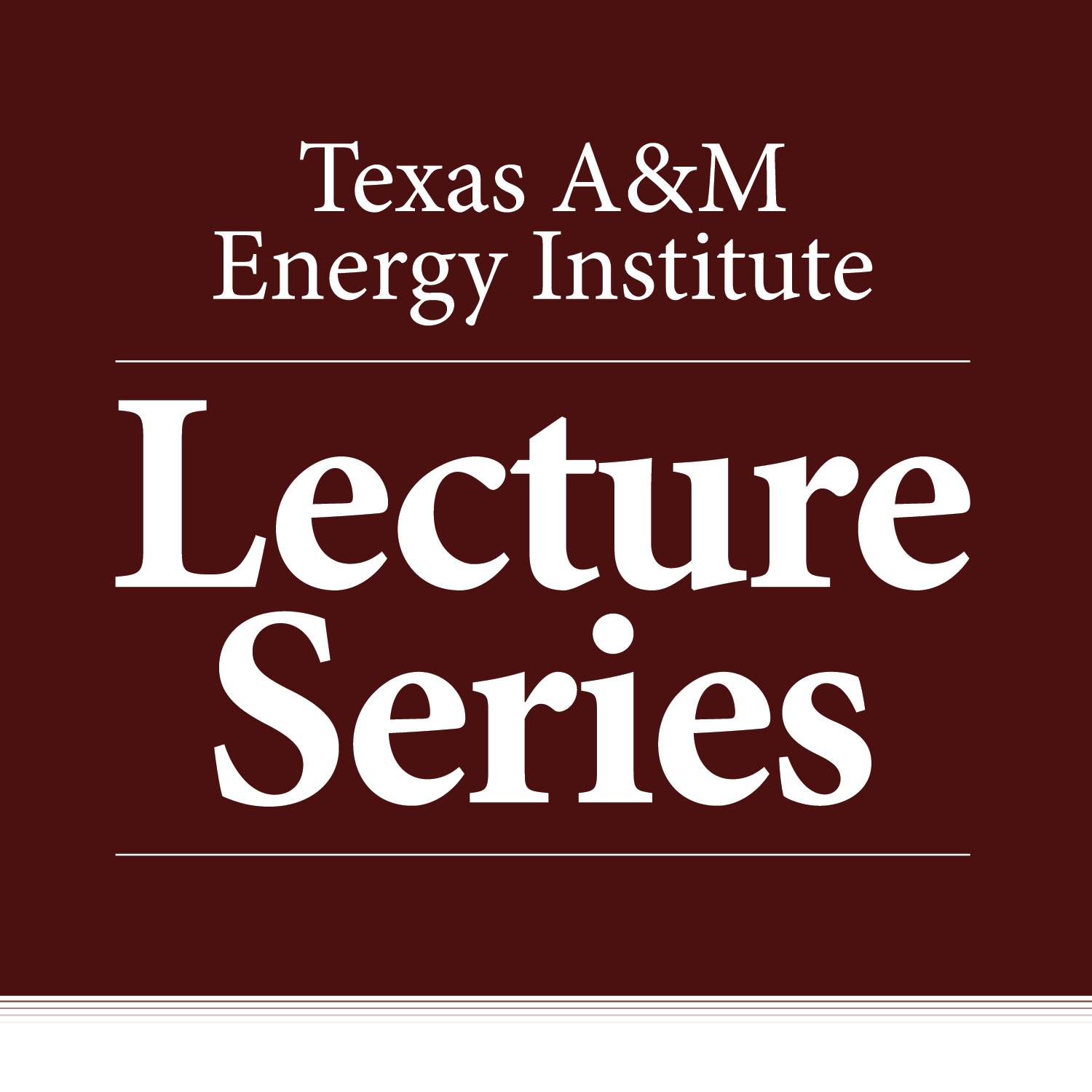
Synthesis, Design and Analysis of Energy Efficient Sustainable Process Alternatives
The next presentation in the Texas A&M Energy Institute Lecture Series, featuring Dr. Rafiqul Gani, a Visiting Professor in the Department of Chemical Engineering at Texas A&M University, a co-founder of PSE for SPEED, and the former head and co-founder of the Computer Aided Process Engineering Center, will be held on Monday, March 19, 2018 from 3:00 PM – 4:30 PM in the Frederick E. Giesecke Engineering Research Building (GERB) Third Floor Conference Room. The topic will be “Synthesis, Design and Analysis of Energy Efficient Sustainable Process Alternatives.”
Biography
This presentation gives a brief review of the available energy sources for consumption, their effects in terms of CO2-emission and its management, and sustainable chemical processing where energy-consumption, CO2-emission, as well as economics and environmental impacts are considered.
Not all available energy sources are being utilized efficiently, while, the energy source causing the largest emission of CO2 is being used in the largest amount. Most of the CO2 management initiatives are therefore looking at “curing” the problem, after it has occurred, rather than “preventing” it.
A scheme for CO2-emission and its management that aims to prevent the problem is proposed. Examples highlighting the synthesis, design, and analysis of sustainable chemical processing in the utilization of biomass-based energy-chemicals production, carbon-capture, and utilization with zero or negative CO2-emission to produce value-added chemicals as well as the retrofit design of energy-intensive chemical processes with a significant reduction of energy-consumption are presented.
These examples highlight issues of energy-sustainable design, energy-CO2 neutral design, energy-retrofit design, and energy-process intensification. Finally, some perspectives on the status and future directions of carbon dioxide management are given.
Abstract
Dr. Rafiqul Gani retried at the end of 2017 as a professor of systems design at the Department of Chemical & Biochemical Engineering at The Technical University of Denmark and the former head and co-founder of the Computer Aided Process Engineering Center (CAPEC).
He has published 466 peer-reviewed journals-proceedings articles plus book chapters and delivered over 300 lectures, seminars and plenary/keynote lectures at international conferences, institutions and companies all over the world.
Professor Gani is the former editor-in-chief of the Computers & Chemical Engineering journal (2009-2015), editor for the Elsevier CACE book series and currently serves on the editorial advisory boards of the following journals: Computers and Chemical Engineering, Sustainable Production & Consumption, and Current Opinion in Chemical Engineering. Professor Gani has been awarded three Doctor Honoris Causa degrees from University Politehnica Bucharest, University of Pannonia and Babes-Bolyai University.
Professor Gani is the ex-president of the EFCE (European Federation of Chemical Engineering, finishing his 2nd term at the end of 2017); a member of the Danish Academy of Science; a Fellow of the AIChE and a Fellow of IChemE. He was awarded the AIChE (CAST Division) Computers in Chemical Engineering 2015 award in November 2015. Dr. Gani is the co-founder and CEO of the company “PSE for SPEED” providing innovative, accurate and consistent engineering solutions very fast to industrial clients. He is also a Distinguished (visiting) Professor at Zhejiang University in Hangzhou (China) and a Visiting Professor at Texas A&M University, College Station (USA).
His current research interests continue with the development and application of computer-aided methods and tools for modeling, property estimation, process-product synthesis & design, and process-tools integration with emphasis on energy, sustainability, and application of a systems approach.
